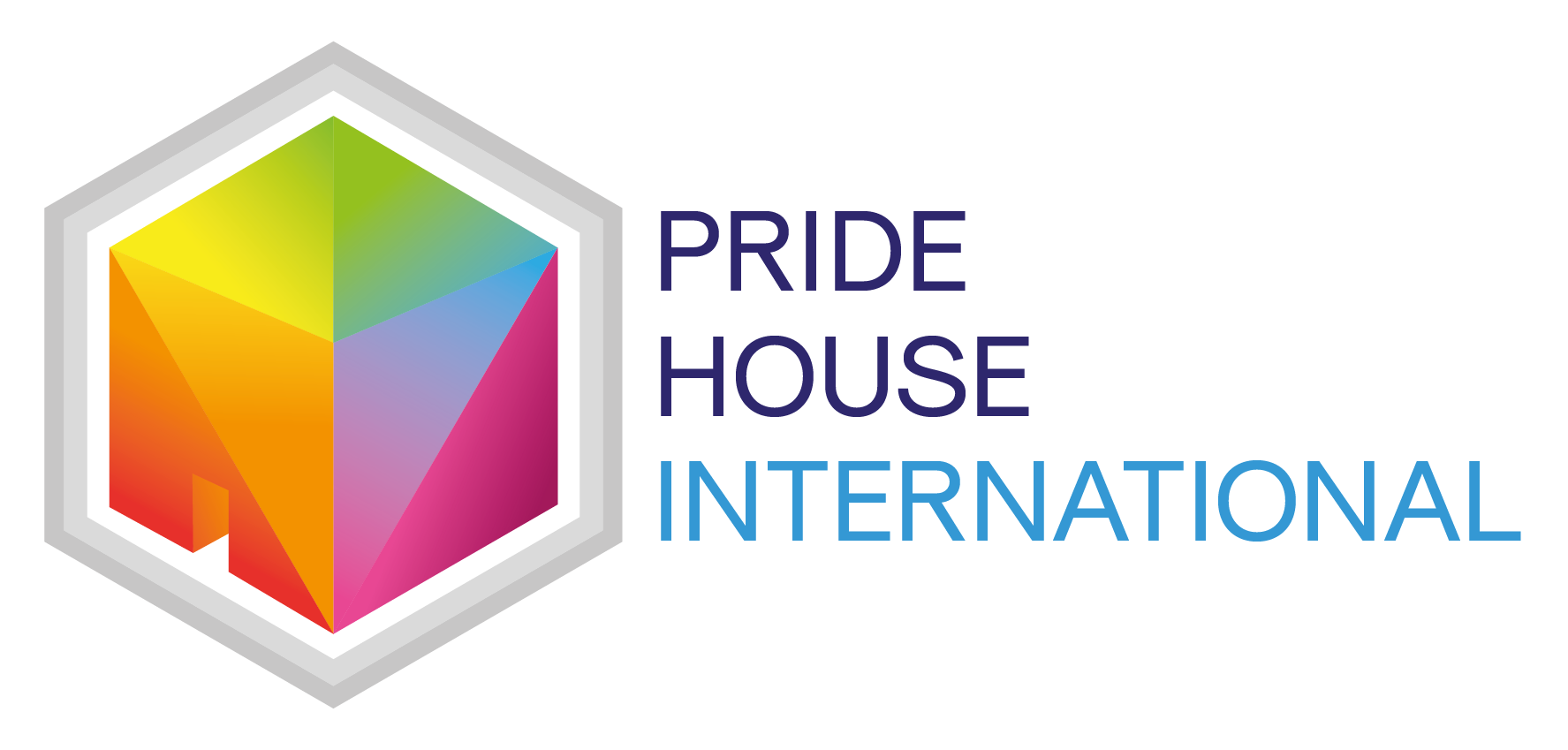Modeled after a traditional Olympic hospitality house, Pride House is a venue* welcoming LGBTIQ+ athletes, fans, and their allies during large-scale international sporting events. Typically, they are welcoming places to view the competitions, experience the event with others, learn about LGBTIQ+ sport and homophobia in sport, and build a relationship with mainstream sport.
A Pride House is:
A physical space that welcomes LGBTIQ+ people and offers them a safe space. (If your idea for a Pride House meets all other criteria but, for safety reasons cannot provide an actual space, please contact us.)
A place that is explicitly and visibly LGBTIQ+, and the name ‘Pride House’ should appear somewhere within the official name of the project. This doesn’t have to be in English, and variations of name formats are possible, but no other organisation or project name should appear in the official name.
A place that will screen footage (preferably live) of the games or sports events which are taking place.
A place that will either represent or work with local communities in the planning, development, and delivery of the Pride House.
A project that aligns with our Mission, Vision, and Values.
Is it just a place to watch the events?
Beyond the points above, we invite you to add other programming, especially as is appropriate for your specific community. In the past, Pride Houses have had human rights panels, education programming, art exhibitions, street sports, performances, conferences, and more.
How big does it need to be?
At a minimum, a Pride House is a physical space to watch events but it can be as large and involved as your resources and imagination allow.
* In some instances, due to hostile governments or other restrictions, Pride Houses have had to take different forms or shapes. During the 2014 Sochi Winter Olympic Games, for example, the request to hold a Pride House in Russia was explicitly denied. Instead, international supporters held “remote” Pride Houses in solidarity with Russian LGBTIQ+ people, and the Russian LGBT Sport Federation hosted the Open Games
